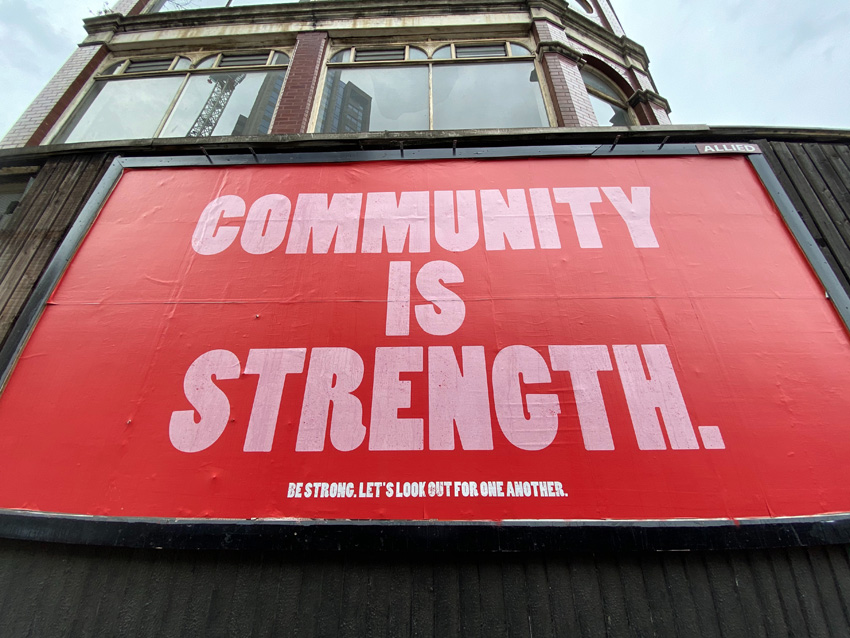With much of South East Queensland and Northern New South Wales under water, it’s a good time to reflect on how we behave when faced with disaster.
The recent flooding rains have caused various degrees of challenge and devastation to many communities.
I live in a small village on a river that has just flooded. We have a community-minded and supportive flood plan. Everyone checks on their neighbours and ensures everyone is managing the flooding issues. Vehicles are moved to high ground, ground level items under houses are lifted and neighbours chat in the streets.
In a nutshell, the community comes together stronger through a common challenge and new friends are made.
And while we are looking out for each other, rubber neckers come into the village and drive through flood waters, with mobile phone camera in hand, and make the biggest bow wave they can.
Sounds like fun, yet the bow wave inundates properties that were just out of the flooding and causes preventable damage.
These people just don’t care!
COVID-19 produced many positive stories of clubs helping other clubs with staff and even financial support. Many competing clubs found camaraderie with their counterparts at other clubs.
General managers were more focused on supporting each other than competing with each other.
Chefs learnt to assist chefs in other clubs with produce and staffing.
So, what’s my point?
How do you behave in your business? How does what you do affect others around you and your competition?
The reality is that clubs working together to raise the profile of dining will benefit all clubs, especially for travellers who will always make a beeline for the local club.
Your customers will always support their local club for the good work clubs are seen to do. Therefore, it is vital that all clubs make their best efforts to ensure that their catering is ahead of other local dining establishments.
A great team works well if they are treated well, and yes, it starts at the top. If the CEO treats their managers poorly, it usually flows down the line. Kitchen teams struggle to keep chefs who care and front-of-house teams become less customer-focused.
Collective disengagement of the catering operation is what I often see occurring, usually resulting in a poor end product, delivered with little care.
It’s no surprise that customer numbers are flat.
The key takeout I want to emphasise is this: be what you want your team members to be, lead with a positive attitude, and answer texts and emails in a timely manner.
An Executive Chef with these qualities almost always has a strong team that want to stay. During my decades of Executive Cheffing, I always had team members stay for long stints.
Executive Chef mentoring is a must for your leader.
chefpaulrifkin consulting / Club Mentoring and Fine Tuning Specialist
chefpaulrifkin@hotmail.com / www.chefpaulrifkin.com.au

